OVERVIEW
Cannabis is growing and improving people’s livelihoods in healthy and sustainable ways in many countries across the globe. The Zimbabwean government has been timely enough to legalize cultivation for medical and research purposes, import and export. We hope to see the hemp market open up in due time since it is under consideration. The potential benefits to the country’s economy and social development are immense yet the majority of the people have no idea, their knowledge is limited to the recreationally smoked cannabis. There is need to impart up-to-date knowledge about the proven and practical benefits of the plant. For this, we shall tailor an educational initiative in the context of the current Zimbabwean situation and build a social enterprise that will be key to organising and executing this project.
GOALS
To craft a simple, practically understandable body-of-knowledge which shows clearly in layman terms, the benefits of the plant as researched and currently being applied by other countries in the world.
To co-find a social enterprise that will serve to share this knowledge with key stakeholders, educational institutions, health professionals, farmers and the public through conducting roadshows, seminars, conferences, open days, a center where information can be accessed and consultancy done, a library and auditorium as well as providing a platform to network with global experts.
To set forth a blueprint that opens up a fresh domestic industry and revives dead ones as in the case of Zimbabwe’s paper and textile industries. We will encourage the plastics industry to adapt sustainable and environmentally friendly hemp solutions as a replacement for plastic.
SPECIFICATIONS
Body-of-knowledge
Medical cannabis and CBD
Cannabis is a science-backed traditional medicine as can be proven by ancient written and oral history. Zimbabwe is a country already familiar with traditional medicines in the form of herbs, roots, flowers and leaves. The traditional medicines of Zimbabwe are recognised and an association called Zimbabwe National Traditional Healers Association (ZINATA) registers practitioners under oversight by the Traditional Medical Practitioners Council. Most of the registered practitioners are in poverty as they face competition from the churches that offer miraculous healing.
ZINATA practitioners have long suffered skepticism because their remedies have no scientific proof and there are no standards of practice and traditional doctors often scout the bushes for what they know works. ZINATA is ready and in need of a transformation and medical cannabis is a perfect solution for 3 reasons:
- To achieve maximum accessibility to the medicine for the people in need. ZINATA has a countrywide network of practitioners in both urban and rural areas. It will take some time before medical doctors can prescribe it and when they do, big pharma is there to provide them with Sativex and other mainstream overpriced extracts.
- Providing ZINATA with the body-of-knowledge, will go a long way towards transforming the organisation into a more respected institutions and its practitioners well sort after. The Medical Council Association of Zimbabwe regulates the pharmaceutical industry and will likely use their standard pharmaceutical approaches which have long winding complications whilst ZINATA is allowed to be flexible on how they implement and grow. It’s a headstart.
- ZINATA is a nationally recognised institute which the medical profession can consult and the academic community can rely on if it takes the lead in medical marijuana as a traditional medicine.
Zimbabwe legalised cannabis for medical and research purposes, import and export in April 2018. The fees were pegged as follows:
- Application for a licence to produce cannabis - US$50 000.00
- Application to conduct research on cannabis - US$5 000.00
- Renewal of licence to produce - $20 000.00
- Renewal of licence to conduct research - $2 500.00
- Amendment or variation of licence - $2 500.00
- Import/Export licence $5 000.00
- Inspection - $2 500.00
- Annual return fees - $15 000.00
Most traditional practitioners cannot afford these fees and therefore will have to rely on external supply. It would make sense for ZINATA to have all four licences and to set up their own growing and research facilities. This is only possible with collaboration with foreign experts.
CBD is a medicinal compound found in the cannabis plant in a range of measures. Not to delve into much of the science behind, the excitement begins within our own body through the endocannabinoid system which is a recently discovered biological system within us all. This system has perhaps the most profound health function of bringing homeostasis to our bodies. This is something years of pharmaceutical advancement has failed to achieve resulting in the piling up of drugs to counter the side effects of other drugs. Sort of trying to achieve homeostasis through patchwork and guesswork. Tetrahydrocannabinol (THC) is the psychoactive cannabinoid found in the plant and works in synergy with CBD naturally to bring the body to balance.
The CBD extraction industry is booming with a diverse range of producers and a manufacturers of CBD Oil, edibles and creams. I am of the opinion that these benefits should also be enjoyed as they occur naturally the way we eat our healthy foods without extracting and processing the nutrients within them. I strongly believe in the holistic plant and that it should be available even to the poorest person who needs it. The extraction industry is less likely to achieve this because of huge overheads to recover. The plant has many things to offer for many different people and its benefits should not be artificially scarce in the name of science. Medical cannabis practitioners generally agree that different people need different dosages and patients often have to titrate the dosage until the get to their optimum. What we need is a solution to get to get the medication to every person at minimal costs.
When growing cannabis for CBD, certain varieties are more ideal because of their high CBD content and such varieties may be classified as hemp. Only a small amount of CBD oil can be extracted from a single plant therefore it makes sense to plant huge plantations for this purpose. I lived in China for three years and I made contact with a farmer who grows primarily for CBD oil, fibre and mother seed for sale.
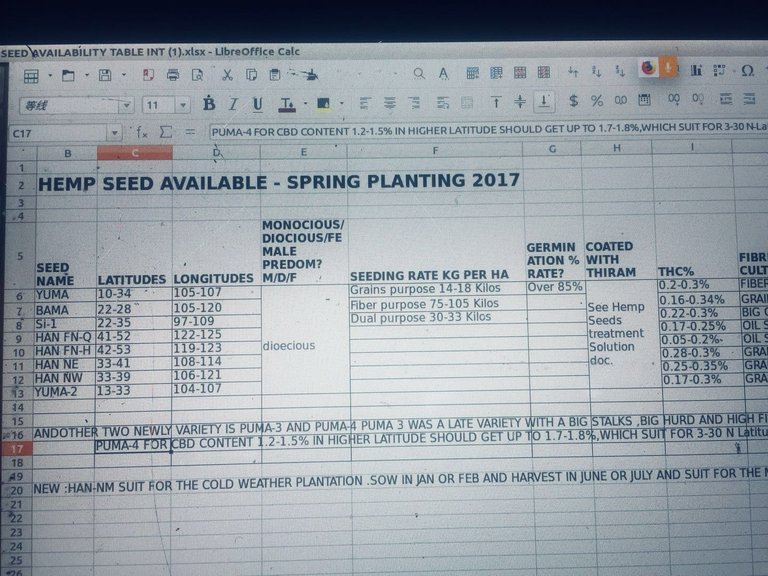
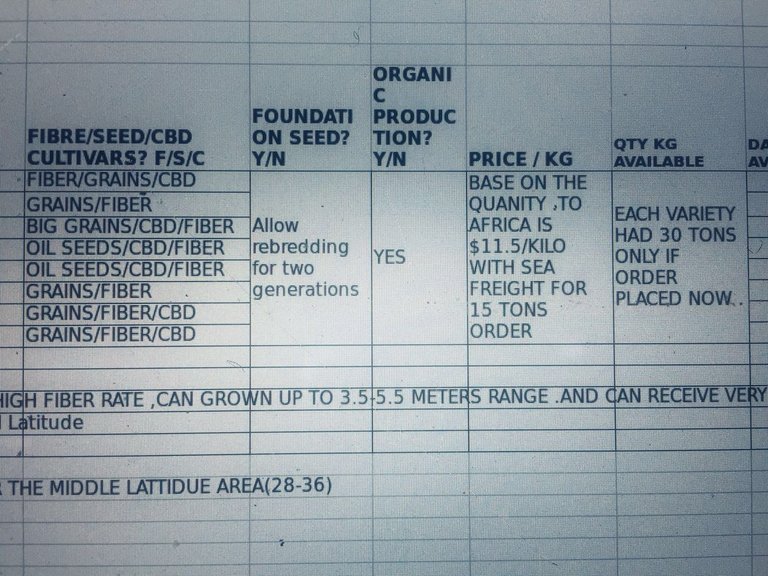
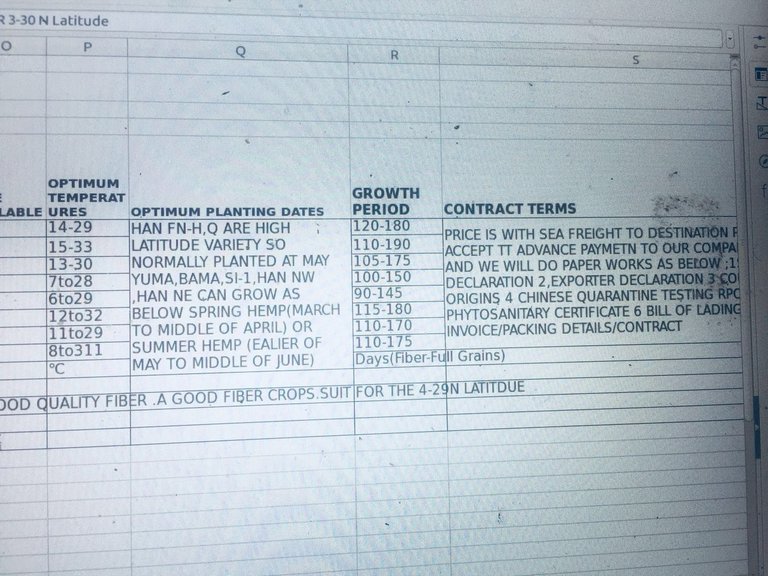
A variety such as the Yuma above would be ideal for Zimbabwe as it works great for fibre grains and CBD and its possible to achieve 2 harvests in a single year. This seed comes at a cost USD$11,50 per kg for the mother seed and the minimum order for their seeds ranges between 15 and 25 tonnes depending on the availability.
A Chinese friend taking some medication

Cannabis seed cake
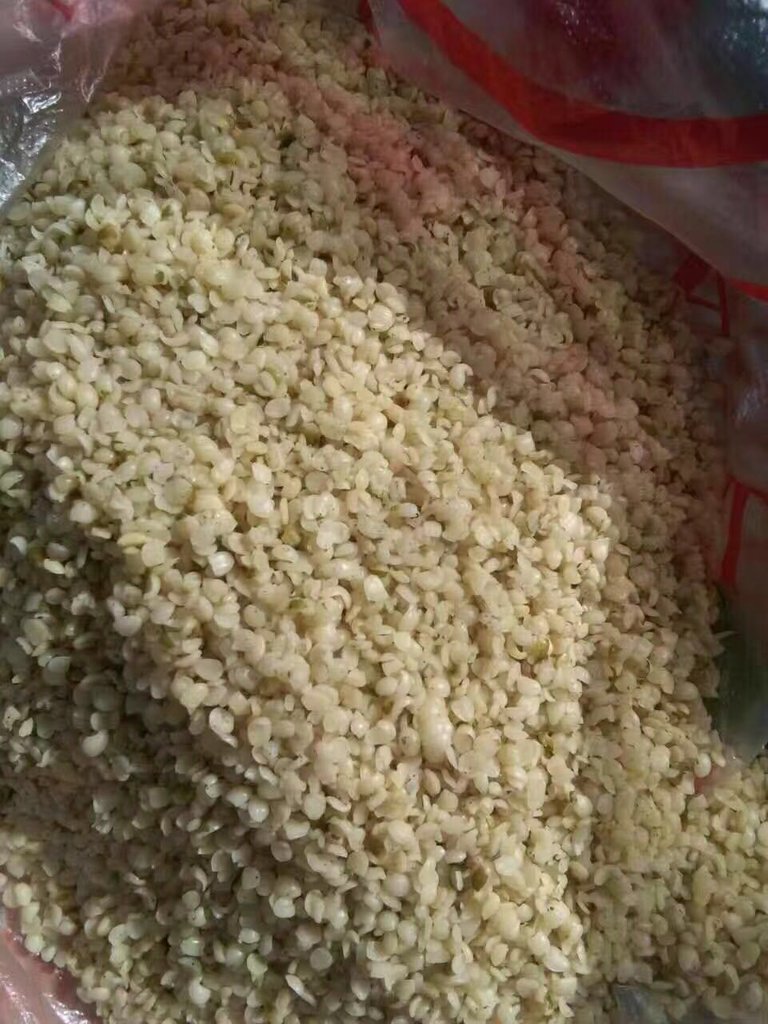
A truckload of seeds for export in China
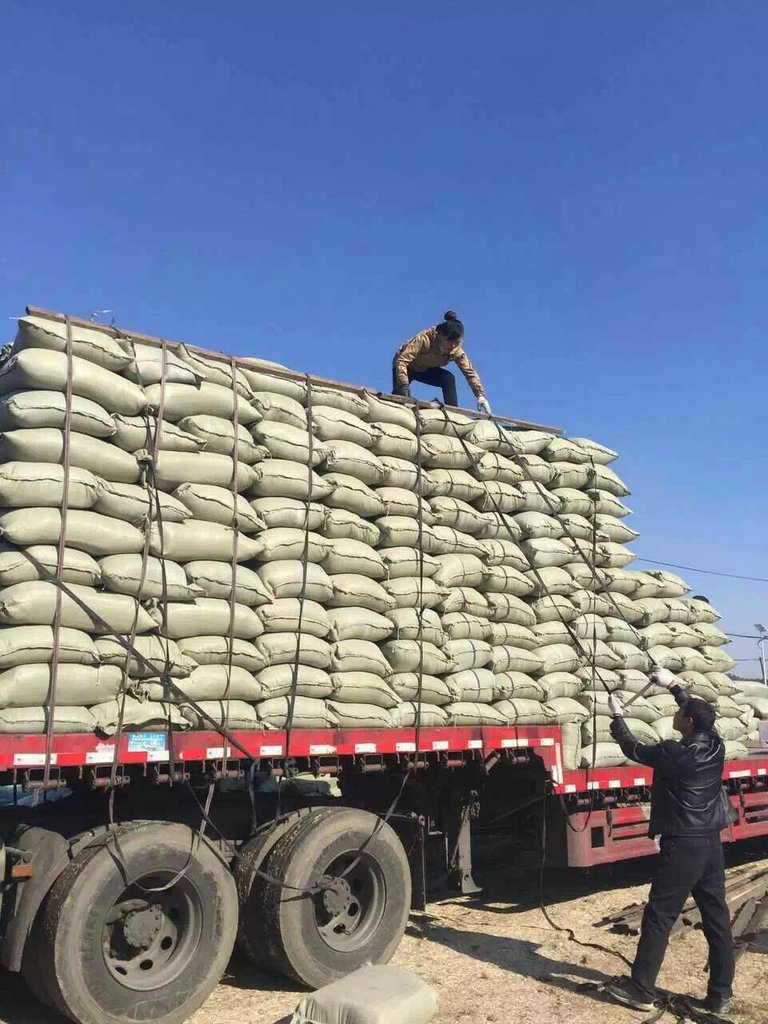
A cannabis hemp field
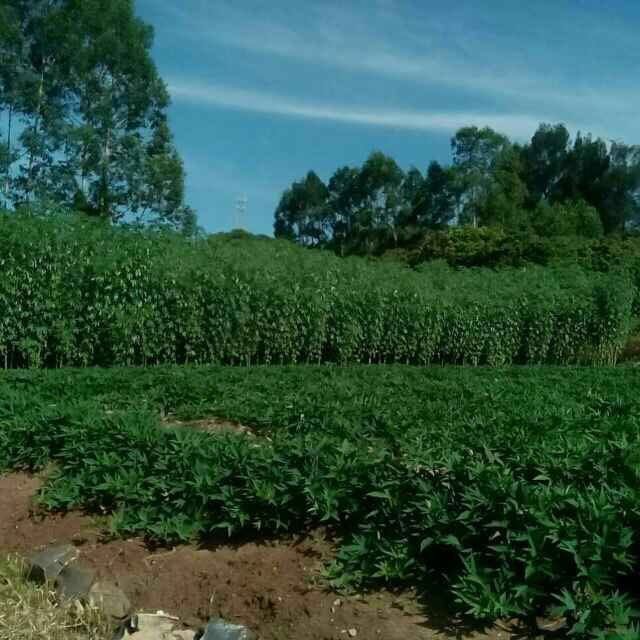
Back to the question of how the medicine can be made available to many people in cheaply is only if they are the ones planting. Instead of having a few large corporations who who fence-off large pieces of land and employ a few farm workers who remain poor and slave-like for generations, ANYONE willing should be able to plant. The obvious and most desirable way would be contract farming which is design not to leave the farmer in any type of debt and with localised development around the byproducts of the plant.
Traditionally, in Zimbabwe there was a system of agriculture called Nhimbe whereby communities would help each other to cultivate, til and harvest. They would employ a rotational system whereby all the villagers descend on one family's fields in high energy work drills accompanied by song, traditional drink, cannabis and dance. Upon completion of the village's work for the period, they would then throw a huge overnight party called a pungwe. These collective work periods would last 7 days, the time it takes to brew the traditional beer and people would drink it over pungwe. Pungwe was a big deal, something people looked forward to and something that unified the community.
Currently, unemployment rates are high and I wont get into the details. There has been a huge rural urban migration which has led to the emergence of thousands of vendors and many more with literally nothing to do. This despite the majority of the people directly or indirectly owning huge pieces of land that lay idle for half of every year, the other half being dedicated to maize.
In the early 90s, Zimbabwe engaged on an Economic Structural Adjustment Program(ESAP, which was a World Bank program designed to alleviate economic and social disparities. Drought hit the country and among other reasons, more and worse off poverty emerged. However, this program left a network of decentralised 'Growth Points' in the country. There is hardy anything productive at these growth points but they are ideal for an industry such as hemp farming where they can be processing centers and many smaller industries can be built. Most growth point are under developed, road networks are dusty and hardly properly maintained due to lack of productive activities in the areas.
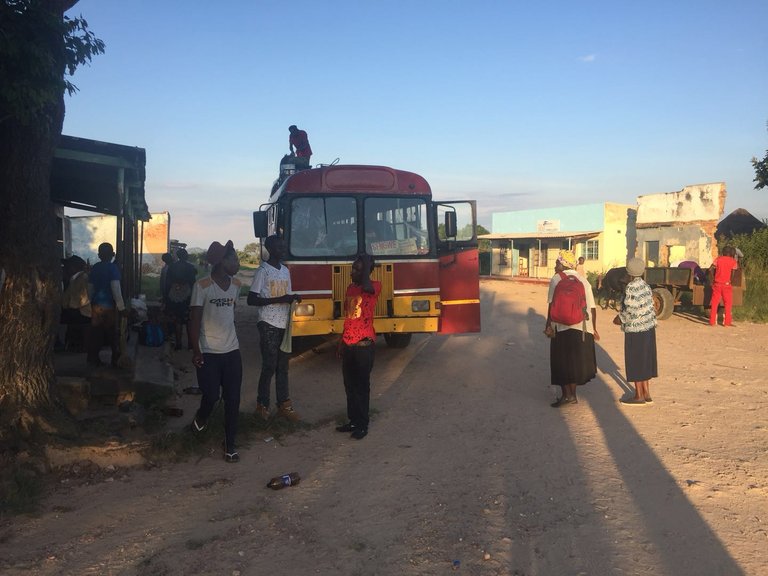
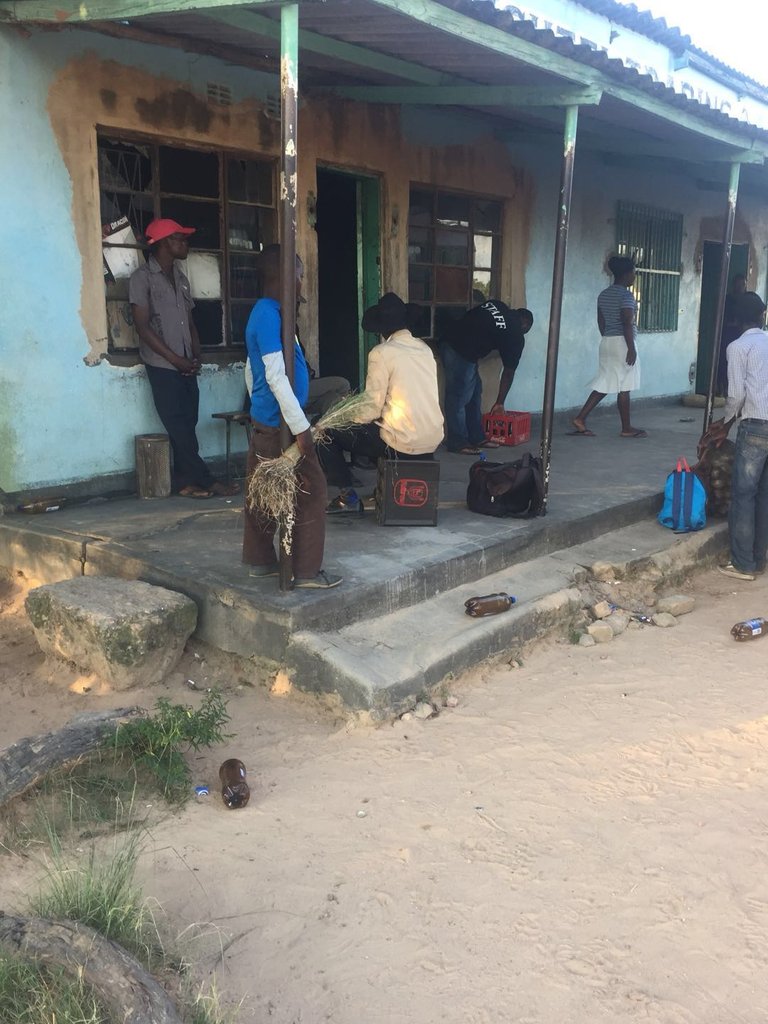
Surrounding this growth point, are vast productive lands that are available for farming hemp. This is around the area where our rural homestead is, a district called Chikomba district. The people in this area have no, cashcrop that they grow and many have left the place heading for the towns. A whole new industry centered around cannabis can be started in this amazingly beautiful region in a sustainable way. This industry will aid development in infrastructure, social welfare, energy and internet availability.
Hemp fibre processing and industrial decorticating machine in Northern China
Kindly note that I can not share the source of the videos as they were sent directly to me by the Chinese friends who use it on WeChat. I tried to upload them onto DTube but encountered an error. I decided to upload them on YouTube for this post's sake.
The Chinese told me that they can build this machine for under USD$10 000.00. Such a machine can then be made available at growth points and utilised collectively by the community, run by an entreprenuer and jointly owned by a corporative. Companies can then just come to collect processed fibre for the manufacturing industry and for export. Already, we would have gotten or CBD for the same harvest that produces the fibre. Nhimbes can be reintroduced to minimise the cost of expensive harvesters, planters and other equipment since this labour is readily available.
Here in Zimbabwe, we have a region called the Eastern Highlands or Manicaland. It's to the East bordering with Mozambique. This region has got a semi-tropical climate and ideal for agricultural estates. It's famous for tea, nettle trees, pine trees, exotic fruits like macadamias and the most delicious avocados among many others. A group of farmers in that region whom I talked to, who used to grow potatoes no longer do because of cheap imports from South Africa and other countries. This region is well suited for hemp, the farmers there are eager to find the next sustainable cash crop and we are going to make it happen with collaboration from the Steemit community.
that is awesome I am happy to see progressive countries making moves towards legal cannabis! I hope Zimbabwe shares its knowledge with other nations in the future.
Thank you @masterroshi. We that's why we are connecting in this way here on Steemit so that we find ways of sharing this knowledge between each other.
Welcome to the Cannabis community!
Excited to help get this started! And grow it!
Amazing work!
Looking forward to helping your growth here on steem!!
I think starting with hemp and CBD strains are a great first step @tafgongthe1st!
The cost for licensing is obviously prohibitive. $50,000 US, just for the application to grow?...yikes!
I couldn't agree more. I spent the past three days writing an economic blueprint research plan for a hemp localised economy in Zimbabwe. Well $$$!!, that's something we will find a way to deal with, working with the community, we are hoping for a variation to some sort to a collective licence since the licencing has room for variation. Checkout my next post and see where we are going with this.